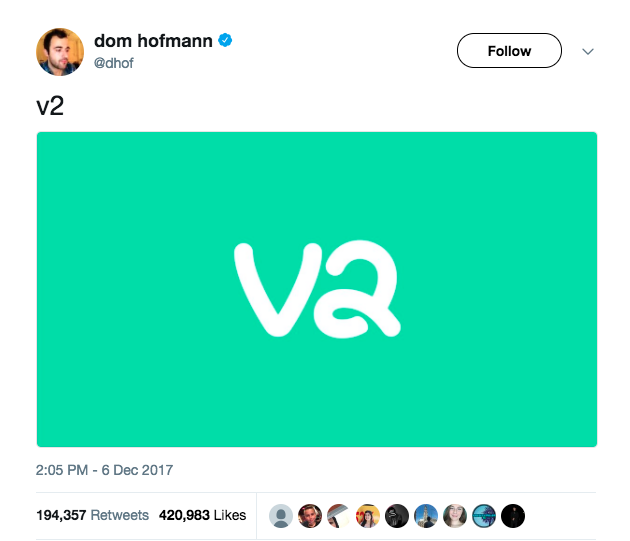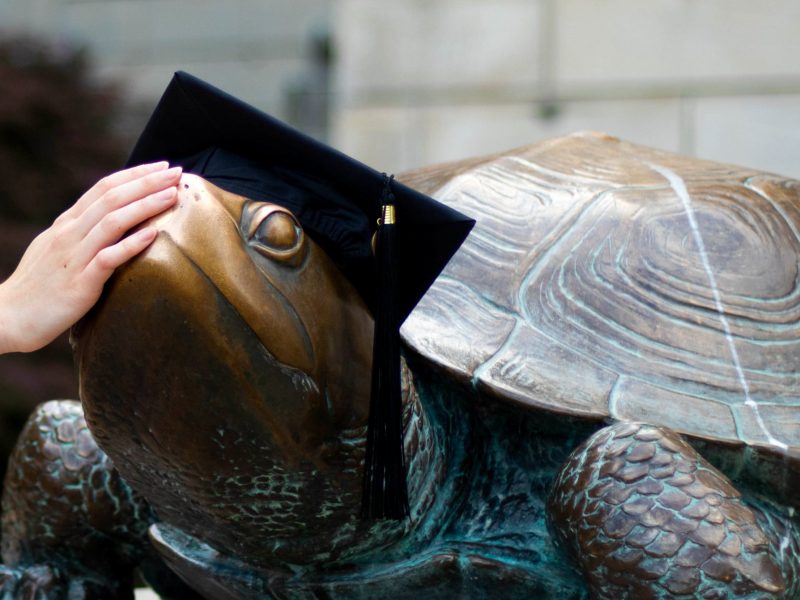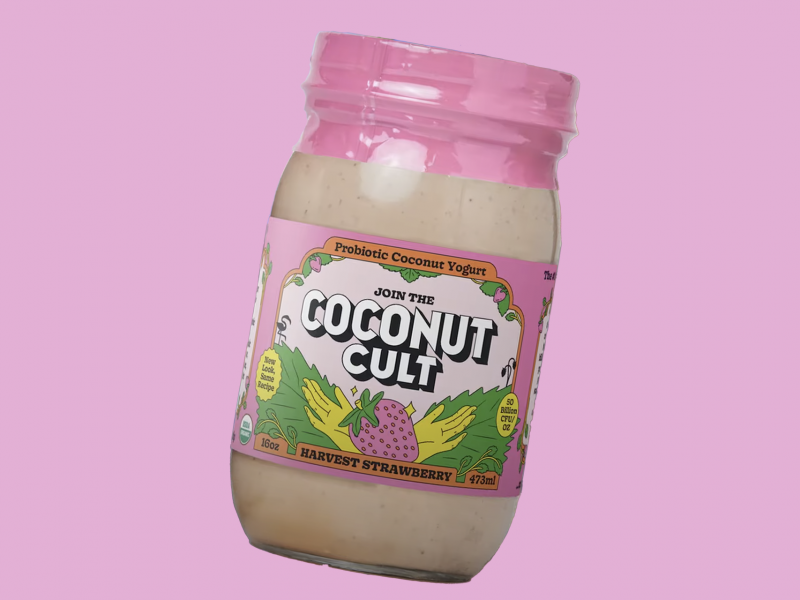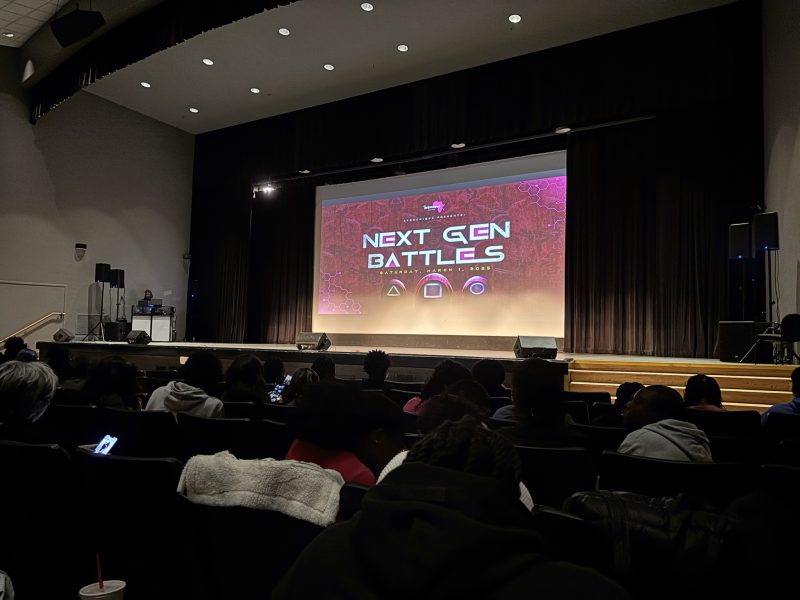It’s time to close out that two-hour Vine compilation you’ve watched a million times. A new era is dawning.
It’s the era of Vine 2.
On Wednesday, Vine co-founder Dom Hofmann tweeted, simply, “v2,” accompanied by a familiar green logo.
— dom hofmann (@dhof) December 6, 2017
This wasn’t completely out of the blue — in late November, he tweeted that he had been working on a follow-up to Vine.
“I’m funding it myself as an outside project, so it doesn’t interfere with the (quite exciting) work we’re doing at the company, which is my first priority,” he tweeted.
It’s been a year since the original Vine was shut down, and the V2 news comes as a godsend to anyone who misses the treasure trove of six-second masterpieces. But does this mean we’ll get all the old Vines back? Probably not.
“People are also questioning whether or not old Vine content will still be accessible on the new app,” wrote Elite Daily’s Carolyn Bernucca. “Twitter owned the original app at the time of its shutdown — so this is unlikely.”
According to tweets from the official Twitter of Vine 2, @Vine2Creators, a beta version of V2 will be released on Jan. 31, while the official version will be released sometime in March. For those who want to keep track of how and when they can get access to the beta version, the @Vine2Beta account has all the latest beta Vine 2 information and is updated frequently.
V2 is very well-intentioned. On Saturday, Hofmann tweeted he wants the app to “give an equal voice to every artist,” “be as generous as possible to every artist” and “foster a civilized, kind, inclusive, and absolutely non-toxic community.” The @Vine2Creators account tweeted the app will include a “Nope” button “so users … don’t have to see content they don’t want to see.”
I’m hoping Vine 2 will live up to the expectations Hofmann has been setting with his latest tweets. At its best, Vine was a creative challenge and a platform for huge numbers of creators, many of whom wouldn’t have gained attention otherwise.
When the termination of Vine was announced, Vox’s Aja Romano wrote a piece about the freedom and attention Vine gave to artists of color, and called its decline a “huge cultural loss.”
“Vine’s outward inaccessibility and technological quirks made it a completely unique internet space,” she wrote. “With Vine shutting down, the black community really has no similar space to turn to that offers this level of free expression through artistry and performance.”
As Twitter continues to come under fire for its mishandling of suspended accounts — such as in the case of actress Rose McGowan — as well as its inability to get rid of trolls on the site, it’s nice to think about the positive possibilities of Vine 2, although sustaining an “absolutely non-toxic community” seems a little too good to be true.
Regardless, I’m hopeful we’ll at least find out what happened in the aftermath of Ms. Keisha’s demise.



